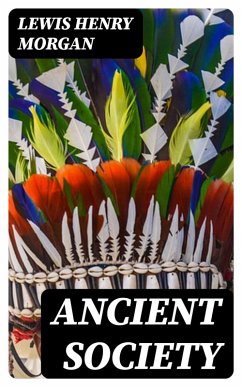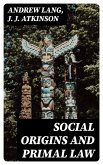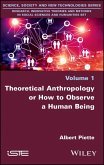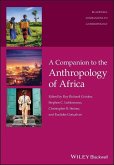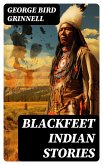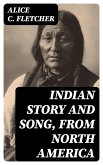In 'Ancient Society' by Lewis Henry Morgan, the author delves into the study of social evolution, focusing on the development of human societies from their most primitive forms to more complex hierarchical structures. The book examines the historical and anthropological evidence of various ancient societies, providing a detailed analysis of their social organization, kinship systems, and technological advancements. Written in a scholarly and informative style, 'Ancient Society' places a particular emphasis on the role of kinship in shaping social relationships and the evolution of civilization. This work is considered a seminal text in the field of anthropology and has influenced subsequent studies on cultural evolution and societal development. Lewis Henry Morgan, an American anthropologist and ethnologist, conducted extensive research on Native American tribes and their kinship systems, which greatly informed his theories on social evolution. His firsthand experiences with indigenous cultures inspired him to write 'Ancient Society' as a comprehensive exploration of human social development from a historical and cross-cultural perspective. I highly recommend 'Ancient Society' to readers interested in anthropology, sociology, and the study of human civilization. This seminal work offers valuable insights into the origins and evolution of human societies and remains a relevant and influential text in the field of social sciences.
Dieser Download kann aus rechtlichen Gründen nur mit Rechnungsadresse in A, B, BG, CY, CZ, D, DK, EW, E, FIN, F, GR, H, IRL, I, LT, L, LR, M, NL, PL, P, R, S, SLO, SK ausgeliefert werden.

